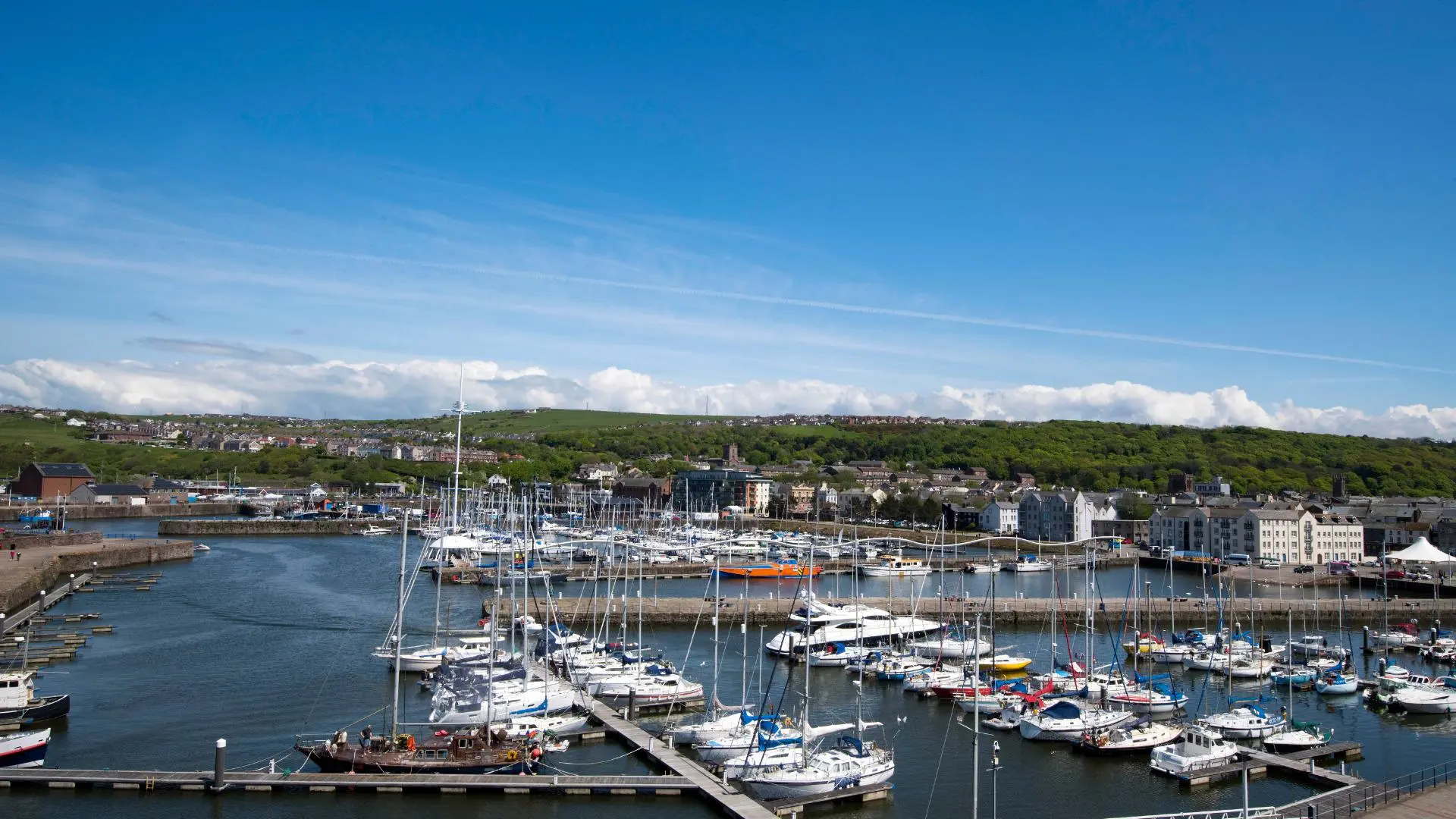As a University in West Cumbria, our investment in research is benefitting the community we serve.
Two researchers based at the University of Central Lancashire’ campus in Westlakes, Cumbria, have been working with a consortium of local partners to develop an Arts Council England bid - ‘Creative People and Places’ - which was successful in raising £1.7m in arts funding for the region.
Dr Ursula Pool, a Research Fellow in the School of Community Health and Midwifery who works in our Healthy and Sustainable Settings Unit, and Dr John Scanlan, a Research Fellow in the School of Arts and Media who works with our In Certain Places project played a key role in securing this investment for West Cumbria.
The Creative People and Places programme is devoted to bringing investment in the arts and culture to areas of least engagement across the country. Amongst these areas are the boroughs of Allerdale and Copeland in West Cumbria. What sets the programme apart is that as well as being a mechanism for delivering funding for the arts and widening community involvement, Arts Council England designates Creative People and Places as an action research programme. This can then feed into a national Peer Learning Network that looks at how future funding for the arts can be more responsive to what communities want.
The lead community organisation in the consortium is ACTion with Communities in Cumbria who will work other partners, such as Allerdale and Copeland Borough Councils, Sellafield Ltd, Florence Arts Centre in Egremont, and Rosehill Theatre in Whitehaven. The University will sit outside the consortium, taking up the role of the Key Learning Partner and, as such, will have an integral role in delivering training, and undertaking research and evaluation of the various initiatives during the three-year programme.
The award brings major funding to communities in the region and helps to deliver on the charitable aims and objectives of John and Ursula’s work funded by the Samuel Lindow Foundation in West Cumbria, that seeks to develop partnership working with a focus on communities and young people. Support within the University was also provided by Professor Charles Quick from the In Certain Places project and Professor Mark Dooris from the Healthy and Sustainable Settings Unit.
Lorrainne Smyth, CEO of the lead community organisation for the consortium, ACTion with communities in Cumbria, said, “UCLan’s support was crucial in making our bid the best it could be for both concept and clarity.” As the consortium now looks forward to beginning work in April 2022, she added, “ACT look forward to working with UCLan colleagues as our programme moves into the delivery phases of involving people in West Cumbria in experiencing, participating in, and ultimately designing arts initiatives that celebrate their sense of place and culture."
What does the programme do?
The Creative People and Places programme involves organisations, artists and communities who are delivering arts programmes to also become part of that action research. their activities inform responses to three general research objectives set by the Arts Council, which are:
- measuring the extent to which engagement from areas of least engagement in arts was improved as a result of Creative People and Places arts programmes
- measuring the extent to which the aspiration for excellence of art and excellence of the process of engaging communities was achieved
- evaluating which approaches to widening engagement to the arts worked and the lessons these results have for arts investment more broadly
UCLan will be supervising, managing and conducting research and evaluation on all aspects of the three-year programme. This will range from producing data monitoring reports on audience engagement to developing place-based case studies of specific arts initiatives within the programme, to final evaluation and consultation reports and academic papers based on the programme.
As the designated Key Learning Partner, our role is designed to be responsive to the changing priorities of a programme that will be increasingly driven by the communities involved.
